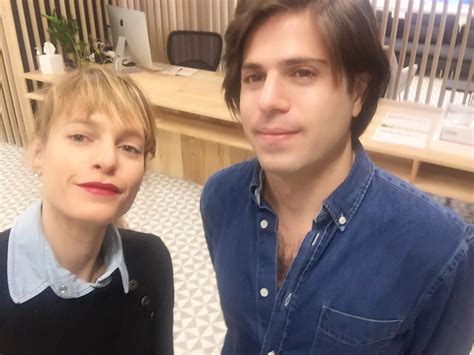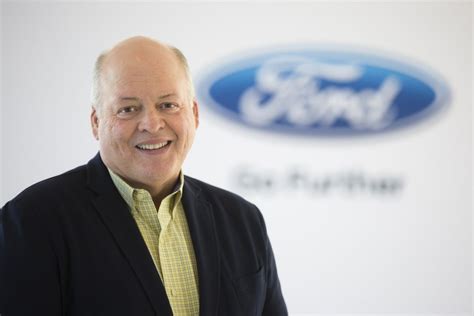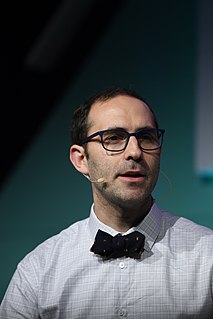A Quote by Evan Williams
User experience is everything. It always has been, but it's undervalued and underinvested in. If you don't know user-centered design, study it. Hire people who know it. Obsess over it. Live and breathe it. Get your whole company on board.
Related Quotes
Good design allows things to operate more efficiently, smoothly, and comfortably for the user. That's the real source of advantage. Businesses have started to understand this, so good design will become the price of entry. ... Customers appreciate good design. While they can't necessarily point out what specifically makes it good, they know it feels better. There's a visceral connection. They are willing to pay for it, if you give them a great experience.



































